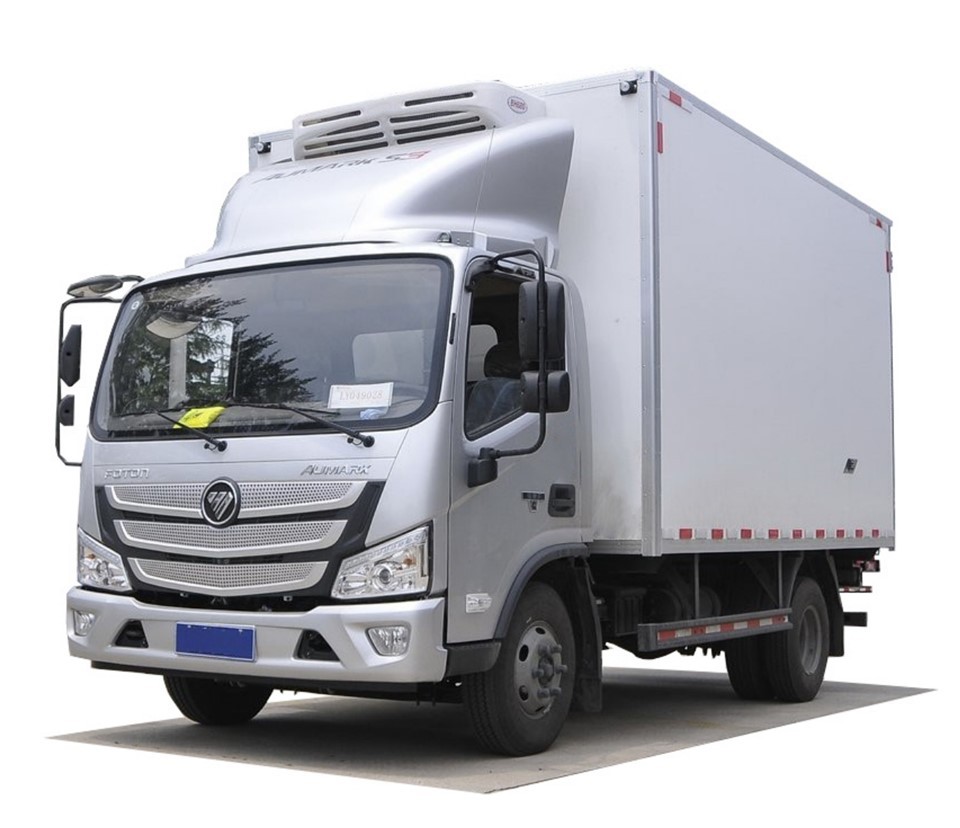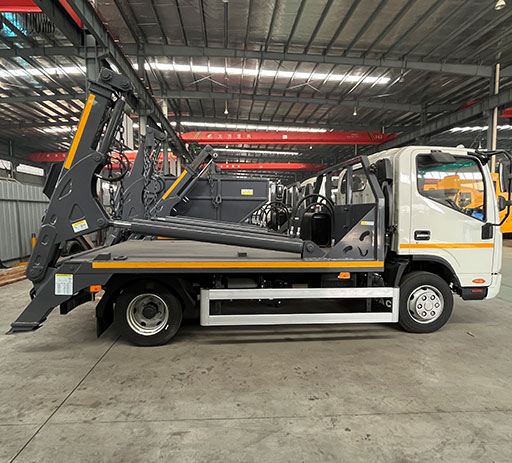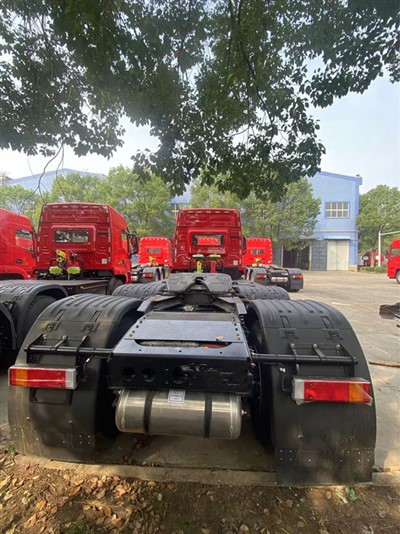FL70 Freightliner: A Comprehensive Guide

The FL70 Freightliner is a versatile and reliable medium-duty truck that has been a staple in the transportation industry for years. With a robust construction and a variety of configurations, the FL70 is well-equipped to handle the demands of various hauling tasks. This article will provide an in-depth exploration of the FL70 Freightliner, including its specifications, advantages, maintenance tips, and real-world applications. Whether you’re considering purchasing an FL70 or simply want to learn more, this guide has you covered.
Overview of the FL70 Freightliner
History of Freightliner
Freightliner Trucks was founded in 1942, initially producing lightweight trucks and eventually evolving into a leading manufacturer of medium and heavy-duty trucks. The FL70 model was introduced as part of their medium-duty range and quickly gained popularity due to its power and adaptability.
Key Features of the FL70
The FL70 is known for its impressive payload capacity, various engine options, and an array of configurations, making it suitable for a range of industries including delivery, construction, and utility services.
- Engine Options: The FL70 is typically equipped with a variety of diesel engines, including the Cummins B5.9 and the Caterpillar 3126.
- Cabs and Bodies: Available in both standard and extended cabs with multiple body configurations to accommodate different loads.
- Towing Capacity: The truck is designed to handle significant towing and hauling capacities.
Technical Specifications
Engine Specifications
| Engine Model | Horsepower | Torque | Fuel Type |
|---|---|---|---|
| Cummins B5.9 | 190-270 hp | 520 lb-ft | Diesel |
| Caterpillar 3126 | 200-300 hp | 660 lb-ft | Diesel |
Dimensions and Capacities
| Dimension | Measurement |
|---|---|
| Overall Length | 20-28 ft |
| Width | 96 inches |
| Height | 8 ft |
| Payload Capacity | Up to 26,000 lbs |
Advantages of the FL70 Freightliner
Durability and Reliability
The FL70 is constructed with high-quality materials designed to withstand the rigors of daily use in demanding environments. Its robust frame and sturdy build make it a dependable choice for all kinds of work.
Versatility
This model can be customized to fit various tasks, whether it be a box truck for deliveries, a flatbed for construction materials, or a service body for commercial use.
Ease of Maintenance

Freightliner vehicles are known for their accessibility when it comes to repair and maintenance, making it easier for truck owners to perform routine tasks and reduce downtime.
Applications of the FL70 Freightliner
Construction Industry
The FL70 is heavily used in the construction sector due to its power, durability, and ability to transport heavy loads. Whether carrying materials to site or towing equipment, this truck excels in performance.

Delivery and Logistics
With its various body configurations, the FL70 is a popular option for last-mile delivery services. Its size allows for easy maneuverability in urban settings, making it ideal for deliveries in congested areas.
Municipal Services
Municipalities utilize the FL70 for various services, from garbage collection to road maintenance, thanks to its reliable performance and customization options.
Practical Tips for Owning an FL70 Freightliner
Regular Maintenance Checks
To ensure longevity and optimal performance, conduct regular maintenance checks including:
- Engine oil changes every 5,000-7,500 miles.
- Regular inspections of brakes and tires.
- Check and replace air filters as needed.
Fuel Efficiency Tips
Improving fuel efficiency can lead to savings in operation costs. Consider these tips:
- Maintain proper tire pressure.
- Limit idling time to conserve fuel.
- Regularly clean the engine air filter.
Safe Driving Practices
Driving a medium-duty truck like the FL70 requires awareness and skill. Always adhere to road regulations, adjust for weight load when driving, and ensure your cargo is secure.
Common Issues and Troubleshooting
Engine Problems
If you experience issues such as poor acceleration or stalling, check the following:
- Fuel supply issues – Ensure the tank is full and the fuel filter is clean.
- Electrical problems – Inspect batteries, fuses, and connections.
Transmission Issues
Common symptoms of transmission problems include slipping or difficulty shifting. Look for:

- Low transmission fluid levels.
- Leaking fluid around the transmission area.
FAQs
What is the payload capacity of the FL70 Freightliner?
The FL70 can handle a payload capacity of up to 26,000 lbs, depending on the configuration and options selected.
What type of fuel does the FL70 use?
The FL70 Freightliner uses diesel fuel, which provides the power and efficiency needed for medium-duty tasks.
How often should I perform maintenance on my FL70?
It is recommended to perform maintenance checks every 5,000-7,500 miles, including oil changes and inspections of vital components.
What are the common issues associated with the FL70?
Common issues can include engine performance problems, transmission issues, and electrical failures. Regular maintenance can help mitigate these.
Can the FL70 be used for towing?
Yes, the FL70 is designed for towing and has a significant towing capacity, making it suitable for various hauling tasks.
What makes the FL70 suitable for urban deliveries?
Its size allows for easy navigation in tight spaces, while its payload capacity makes it efficient for transporting goods in urban areas.
